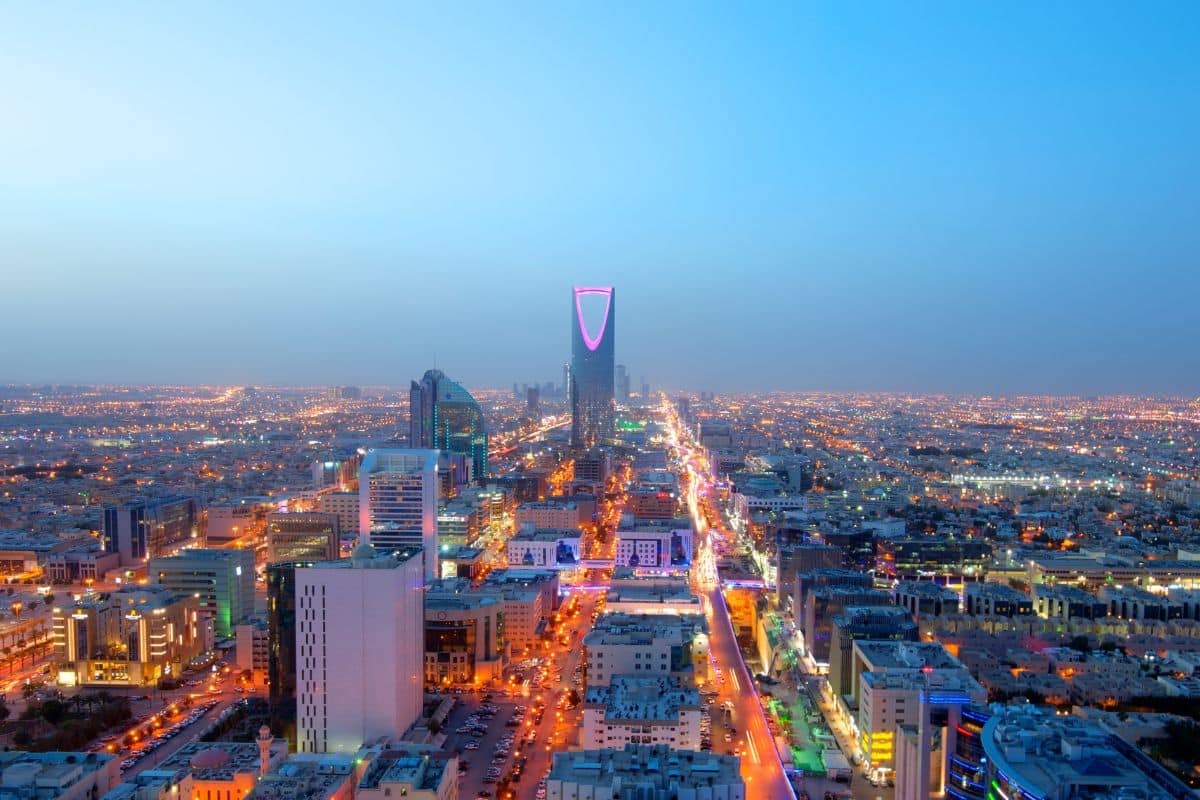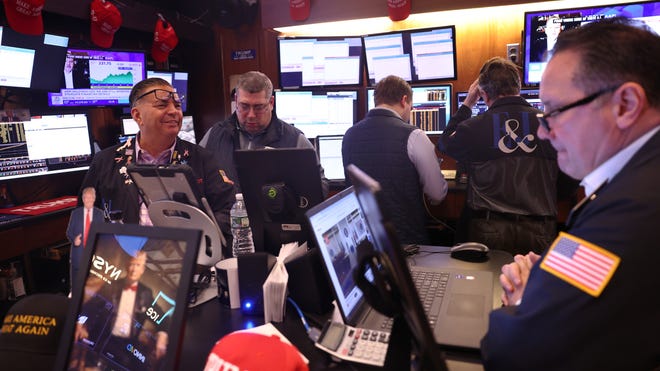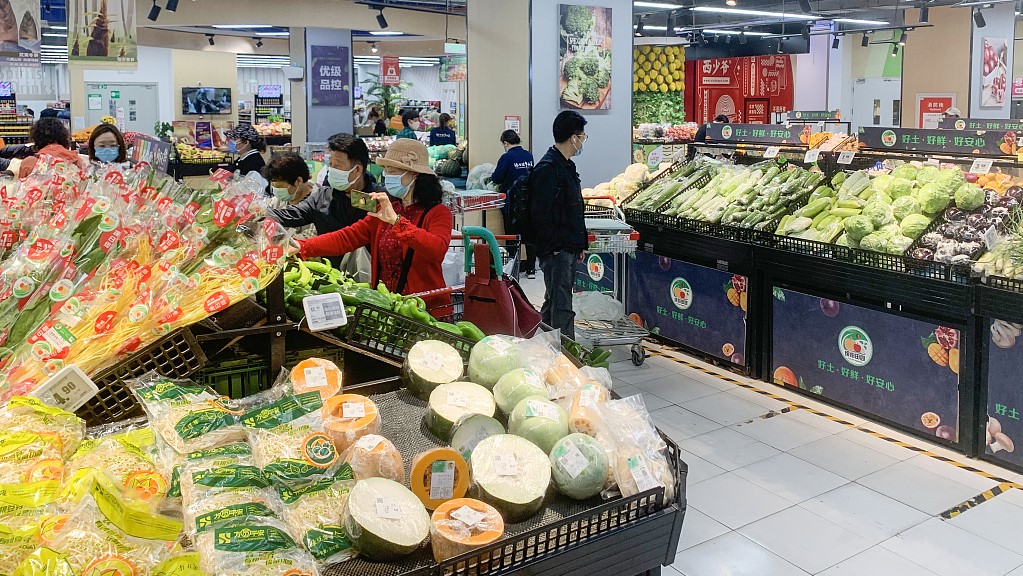Saudi Arabia’s non-oil private sector is undergoing a significant transformation, achieving one of its strongest growth rates since 2014. This momentum reflects the success of the country’s long-term economic reforms and infrastructure investments under Vision 2030, which have empowered local companies to expand, create jobs, and contribute more substantially to the national economy.
The Riyad Bank Purchasing Managers’ Index (PMI) climbed sharply to 60.2 in October, up from 57.8 in September, indicating a robust improvement in business activity and operating conditions.
The report attributed the surge to rising demand, strong hiring, and an increasingly confident private sector. A PMI reading above 50 signals growth, and October’s figure represents the second-fastest pace of expansion since 2014.
Official budget data for the third quarter further confirmed this positive trend, showing non-oil revenues of SAR 119 billion ($31.7 billion), up 1 percent year-on-year. Analysts view this as evidence of continued diversification away from oil dependency.
Former Shura Council member and economist Dr. Fahad bin Jumah said the government’s support for private sector development, job creation, and investment opportunities has been crucial in sustaining growth.
The transformation driven by Vision 2030 since its launch in 2016 has enabled companies across non-oil industries to expand within a more diversified economy that is less tied to oil price fluctuations, he explained.
He added that major national projects, such as Qiddiya, Diriyah Gate, Roshn, The Red Sea, and NEOM, many led by the Public Investment Fund, have opened the door for private sector participation and job creation on an unprecedented scale.
Economic analyst Ahmed Al-Shehri said that numerous government initiatives and programs have helped strengthen the private sector and attract international businesses.
Saudi Arabia, he explained, has become a leading destination for global investment due to the scale of opportunities aligned with private-sector goals for sustainable and profitable ventures.
Al-Shehri also highlighted the role of the Saudi Export Development Authority, which promotes national products worldwide and streamlines import and export procedures through ports, airports, and land crossings.
The October PMI survey showed that 48 percent of businesses reported higher sales, while only 4 percent noted a decline. Rising production levels were supported by an influx of new orders, leading companies to increase inventories as supply conditions improved.
Job creation accelerated sharply in October, marking the strongest employment growth since November 2009, as firms expanded their workforce to meet higher demand. Despite the hiring surge, backlogs of work increased slightly, indicating sustained pressure on capacity.
Dr. Naif Al-Ghaith, chief economist at Riyad Bank, said the October reading of 60.2 points reflects one of the strongest performances in more than a decade, driven by growth in production, new orders, and employment.
He attributed the momentum to favorable economic conditions, a growing customer base, and rising foreign investment, particularly from Gulf and African markets.
Business confidence remains exceptionally high amid strong domestic demand and ongoing mega-projects, he said.




